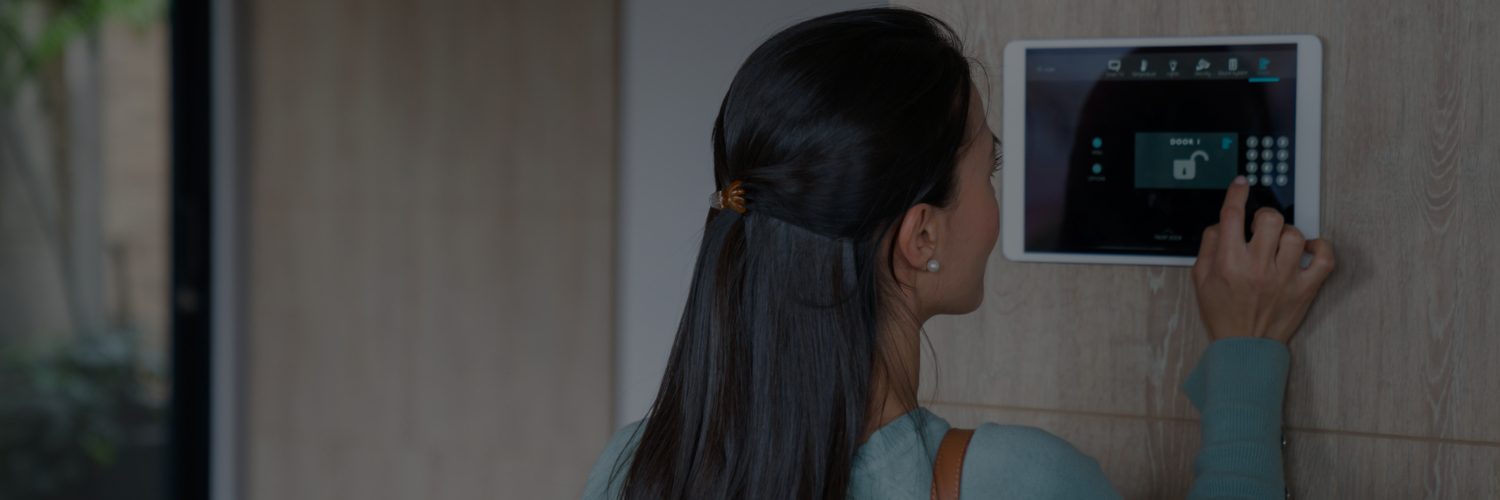As real estate professionals, you spend a lot of your career out in the field, whether at open houses, on tours, meeting new clients, or any number of things that get you out of the office and into unfamiliar territory. What’s more, you can meet dozens (sometimes even hundreds) of new people over the course of doing business. The great majority of these interactions are perfectly reasonable, but it’s common for strong emotions to arise when large amounts of money or property ownership are concerned. Stress, frustration, fear — potential clients can go through a whole list of feelings in the high-stakes environment of buying or selling a home.
While we’d like to believe that everyone can handle their emotions in these situations, it’s an unfortunate reality that, at times, real estate professionals may have concerns about their health and safety. As
September is REALTOR Safety Month, we’d like to offer some tips on how to keep your business and yourself safe.
Personal Service Doesn't Require Personal Information
Your job depends on good interpersonal relationships, but that doesn’t mean that you need to drop the distinctions between your private and professional life. Keeping a professional separation can include having different contact information for work only, meeting clients solely in the office or other public spaces, or refraining from sharing unnecessary details about your personal life such as your home address.
All of this goes double for your online presence, where you’re likely to reach a wider audience full of both potential clients and potential bad actors (consult our blog post on personal cybersecurity for more on how to keep yourself safe online). You don’t need to get personal to provide your clients with professional service that goes above and beyond.
Use the Buddy System
There’s accuracy in the old adage “safety in numbers.” When meeting unfamiliar clients, utilize a simple check-in system. Let a colleague or friend know where you’re planning to go and how long you expect to be out in the field. They’ll be able to notice when something is amiss, can check in on you, and will know where to start looking to make sure you’re okay.
When you’re giving open houses, consider co-hosting. Anyone can walk in off the street – having backup adds to your security. Beyond your personal safety, it’s generally handy to have someone else around in case you need to step out for a call or get something from your car. You’re ensuring no damage or theft happens during the open house, and are less vulnerable overall. Plus, a colleague is bound to bring in their own clients, increasing the visibility of your open house. It’s a win-win: improve your chances of closing while watching one another’s backs.
Prepared is Professional
When showing a property, arrive early to check a few other safety measures off the list. Make sure that nothing looks unusual or unsafe, that no points of entry like doors or windows have been left open, and that no one is in the home who shouldn’t be. Be as aware of your environment as possible before anyone else is likely to arrive. Take note of cell service quality (if poor service is a common problem, consider getting a mobile Wi-Fi hotspot) and make sure your phone is sufficiently charged.
On top of making sure you’re prepared in case of an emergency, familiarizing yourself with your surroundings can help you render better service for your clients. Arriving early with foreknowledge of the property adds to your credibility and professionalism.
Do What Makes You Feel Safe
Discussing safety and danger can be uncomfortable, but it’s important to have situational awareness wherever you go (and real estate professionals go to a lot of different places). We don’t want to assume the worst, and the vast majority of client interactions are positive. But no sale is worth your safety.
The goal of situational awareness and precautionary measures is not to make you feel hypervigilant and suspicious, but to empower you to keep yourself safe. After all, it’s better to have a plan and not need it than to need a plan and not have one.
While we recommend the tips above, whatever makes you feel safe is ultimately up to you. It can mean carrying alarms, installing location/emergency apps, or learning self-defense techniques. Do what works for you. No matter how much you want to provide quality service to your clients, your first priority should always be you and your well-being.
In sum, stay safe out there, stay smart about your surroundings, and get to closing those deals!



